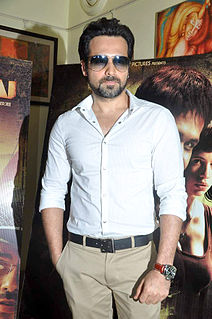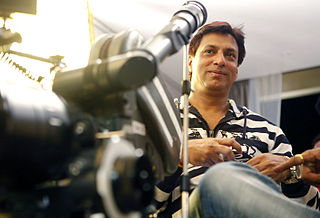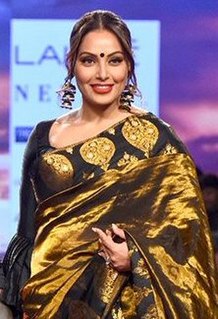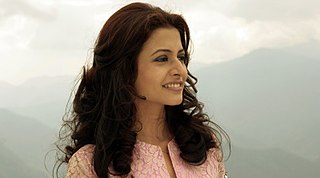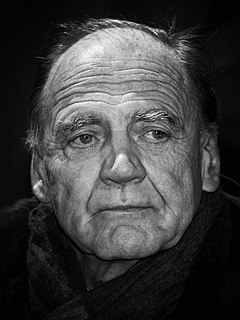A Quote by Francis Ford Coppola
I gladly, I voluntarily gave up the kind of commercial film career I had going as soon as I had enough money to finance my own films.
Quote Topics
Related Quotes
I gladly, I voluntarily gave up the kind of commercial film career I had going as soon as I had enough money to finance my own films. I didn't make that money necessarily from the film business, but I eventually made a lot of money and that's what I do. Of course, I consider myself unbelievably fortunate, and I'm pretty content with my life.
I guess, in a sense, 'Audition' was a film that gave me an opportunity that I hadn't had up until that point. So that's definitely one that is important to me. Then there's 'Visitor Q' that kind of taught me that there are some kinds of films that can only be made as low-budget films that really wouldn't work as anything else.
I have registered few titles like 'Bharat Bandh,' 'Calendar Girl,' 'Money Politics.' The titles just intrigued me, so I registered. I had a title, 'Jai Ho,' which I gave to Sohail Khan for his next film with Salman Khan. These are typical Madhur Bhandarkar kind of films. I may make a film or not on such titles... not sure yet.
Soon after 'Paruthiveeran' I was flooded with scripts that were almost the same as the award-winning film. I had offers from Malyalam, Telugu and Kannada filmmakers. But I had to be firm and in fact I realized that now I had to be more careful with my choice of films because I have raised the audience expectations.
It is said that anyone who does commercial cinema is not acting, and anyone who does an art film is acting. I don't believe it. I feel whenever you are doing a film, you are acting. So you need to be applauded for that. I won't do art house cinemas. I want to make commercial films. I want my films to make money.
When I started I had no knowledge of films whatsoever. I was an engineering major at Stanford. And I found out as a senior that they had two film critics on the Stanford Daily, and they got free passes to all the theaters in Palo Alto. So I thought, I'll do that, and I became a film critic. And then I became interested in films. But I had no time to study anything in that area because I was a senior, just finishing up as engineering.
Going to UCLA, as far as I'm concerned, afforded me two things. One was the advantage of meeting friends and getting to know a group of guys I hung out with, was chummy with. All of us eventually had success with film. Making films, cutting our own little movies together, 3 in the morning going out and shooting stuff, finding gels that people had thrown away, making our own lights. It was like a frat house for film geeks, the Pad O' Guys. That's what being at UCLA afforded me.




